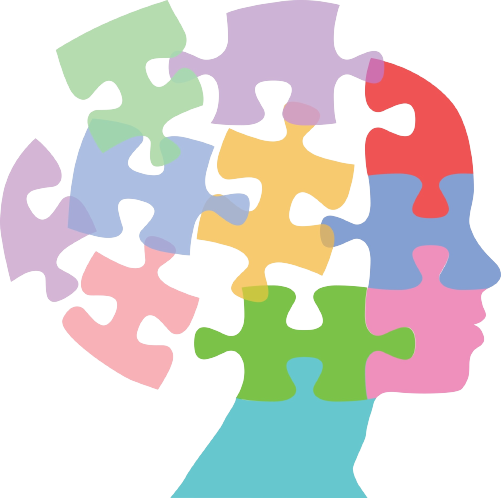In today’s fast-paced world, the importance of physical health is often emphasized, from fitness routines to dietary choices. However, an equally crucial aspect, often overlooked, is the impact of physical health on our social well-being. But how does our physical condition influence our social health?
The Ripple Effect of Physical Health on Social Interactions
Physical health issues, whether chronic or temporary, can create significant ripples in our social pond. Conditions like chronic pain, disabilities, or even temporary illnesses can limit our ability to engage in social activities, leading to reduced interactions and potential isolation. Social events often require a certain level of physical ability, and when that’s compromised, our social life can suffer.
Mental Health: The Invisible Bridge
There’s an invisible bridge between physical and social health, often built by our mental state. Chronic physical conditions can lead to mental health struggles like depression or anxiety, which in turn, affect our desire and ability to connect socially. This creates a complex web where physical health impacts mental health, which then influences social health. In the face of physical health concerns you can strengthen this bridge so that it can support the maintenance of social connection during a challenging time. Therapy provides a safe space to process feelings that arise while experiencing physical health concerns, support pain management and continued social engagement.
Self-Perception and Social Confidence
How we see ourselves plays a vital role in our social interactions. Physical health issues can alter our self-perception, sometimes leading to decreased self-esteem or a sense of lost identity. This can make social situations feel more daunting, affecting the quality and frequency of our social engagements.
Dependency and Changing Social Dynamics
When physical health demands increased dependency on others, it can significantly alter social dynamics. This can strain relationships and shift the way individuals interact with their social circle, sometimes leading to feelings of guilt or burden.
The journey of physical health is not a solitary one; it’s closely intertwined with our social well-being. Recognizing and addressing the impact of physical health on our social life is crucial for holistic well-being. It calls for a compassionate understanding from those around us and a societal structure that supports those navigating these challenges. As we continue to advocate for physical health, let’s also remember the silent echoes it sends through our social world.
In understanding this connection, we can better support ourselves and others in achieving not just physical wellness, but a well-rounded, fulfilling life. Remember, every step towards physical health is also a step towards nurturing our social wellbeing. Let’s walk this path together, with awareness and empathy.
